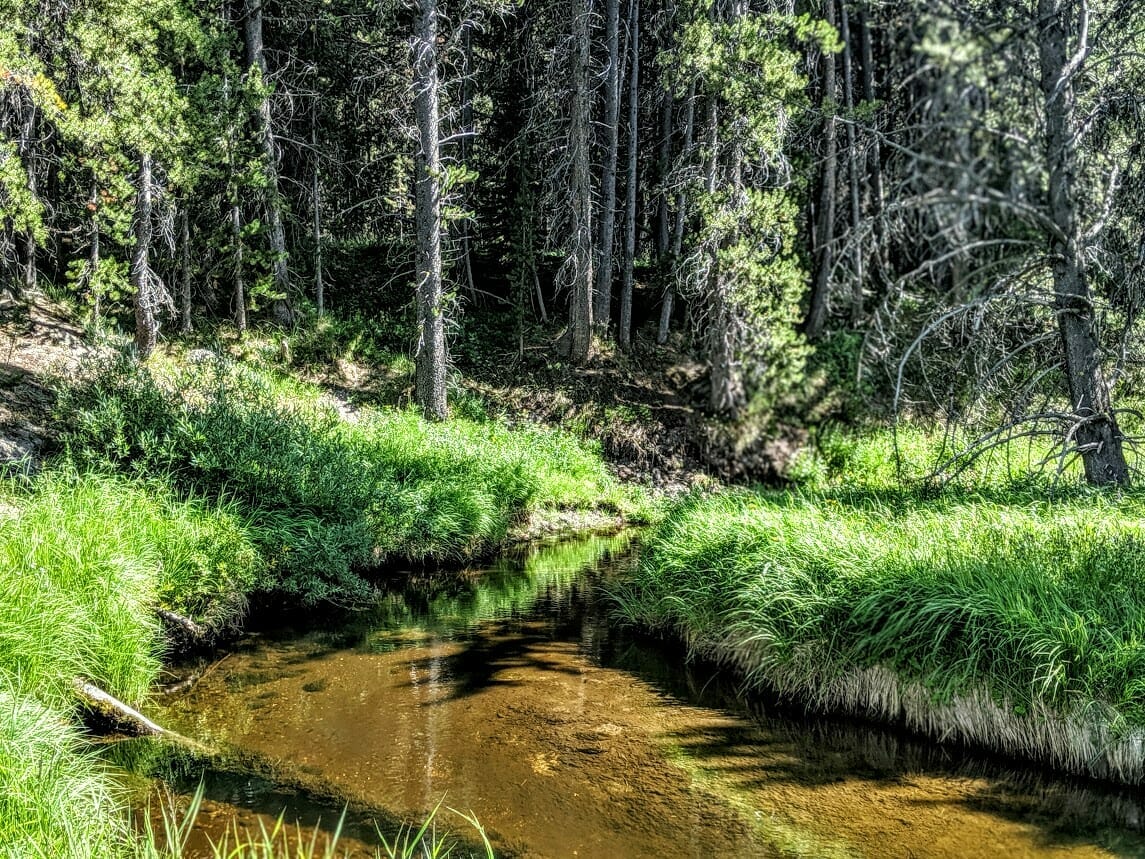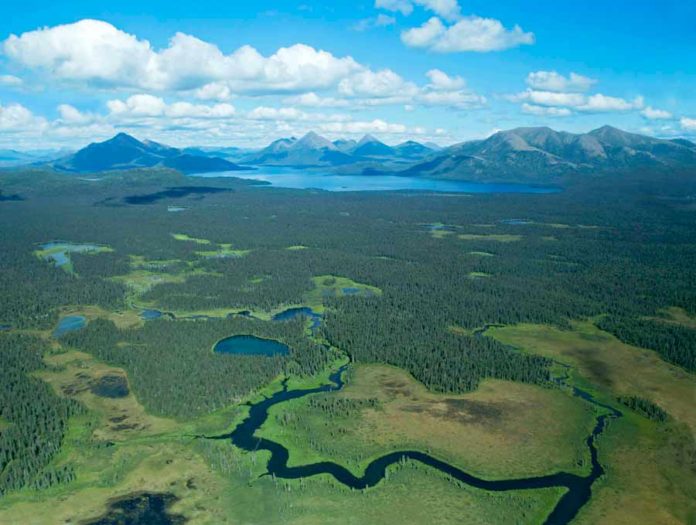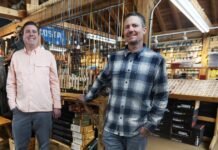Welcome to the latest installment of the Wednesday Wake-Up Call, a roundup of the most pressing conservation issues important to anglers. Working with our friends at Trout Unlimited, Backcountry Hunters & Anglers, the Theodore Roosevelt Conservation Partnership, The Everglades Foundation, Captains for Clean Water, Bullsugar.org, and Conservation Hawks (among others), we’ll make sure you’ve got the information you need to understand the issues and form solid opinions.
If you know of an important issue–whether it’s national or local–that anglers should be paying attention to, comment below, and we’ll check it out!
1. Pebble Partnership Appeals Permit Decision
Back in November, when the U.S. Army Corps of Engineers’ announced its decision to deny a permit for the proposed Pebble Mine in the Bristol Bay region of Alaska, the coalition that had fought for more than a decade to defeat the mine declared victory. But that success was always going to be conditional. Last month, Alaska’s governor said that the state would appeal the decision, and now the Pebble Partnership has announced that it, too, will ask USACE to reconsider.
“As we looked deeper into that record, it became very apparent that many of the conclusions they had established were not supported by the record that they had established,” [Pebble Partnership spokesperson Mike Heatwole] said.
Nelli Williams, Alaska program director for Trout Unlimited and one of the leading figures of the anti-Pebble battle, released a strong statement in response:
“The decision to deny Pebble’s permit was based on hundreds of thousands of public comments, a formal process upheld by Pebble itself, and clear science that shows the project cannot be built without destroying the clean water and abundant salmon populations that make the Bristol Bay region so special.”
Click here for the full story in the Alaskas News Source.
2. Don’t Miss Tonight’s Lecture on Everglades Ecology

If you want to stay up-to-date on current issues in the Everglades, tonight’s lecture is a great opportunity. Join Dr. Steve Davis, The Everglades Foundation’s Vice President of Communications & Engagement as well as Senior Ecologist, as he gives an update about the Everglades and its ecology. Throughout his presentation, he will connect how Everglades restoration will ultimately benefit the health of Florida Bay and the importance of sending water south.
The lecture is at 6 p.m. EST.
Click here to register!
3. Washington Salmon on the Brink of Collapse

On January 20th, Washington State’s Recreation and Conservation Office and the Governor’s Salmon Recovery Office released a sobering report warning that Washington’s wild salmon populations are “teetering on the brink of extinction” with the majority of their runs in threatened or endangered status. In the report, habitat loss and climate change are identified as major challenges facing wild salmon and the authors call for Washington to choose a path to recovery that “recognizes salmon and other natural resources as vital to the state’s economy, growth, and prosperity.” The State’s conclusions sent shock waves across news outlets, including the New York Times and US News and World Report.
Click here for the full story on Salmon State.
4. TU President on What He’d Like to See from New Administration

Trout Unlimited president Chris Wood outline what he hopes to see from the new administration in Washington, D.C., listing some of the conservation group’s main priorities:
Trout Unlimited works with whoever is at the controls of the White House, agency, House, Senate, or committee leadership. Demonstrating the point: our tireless advocacy efforts helped persuade the last administration to deny a key permit for the Pebble Mine in Alaska and to sign the Great American Outdoors Act into law.
The need for swift action to address the pandemic, climate change and other vexing problems is great, but our government—our nation—remains starkly divided today. Our work can help to bring people together to find common-sense solutions to common problems for the common good. As the new administration determines its priorities, here are a few that can unify people while protecting and recovering the the lands and waters that sustain our great nation.
Click here for the full story on TU.org.
Credit: Source link






























